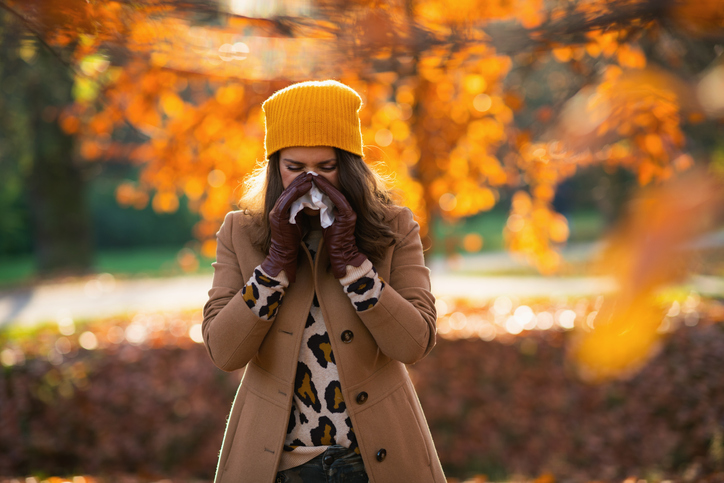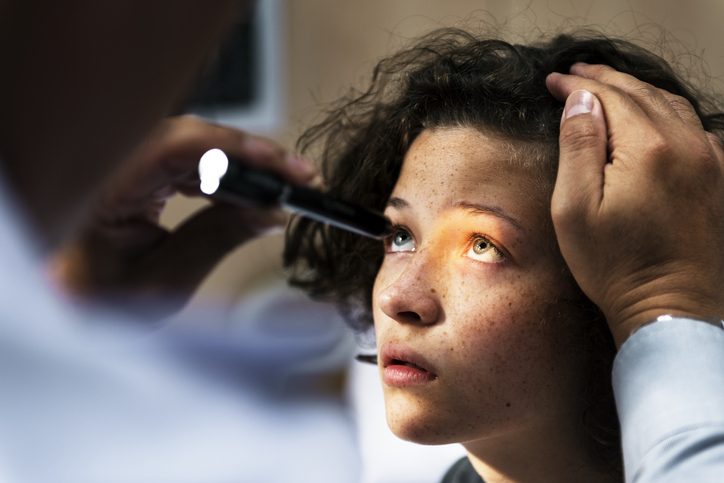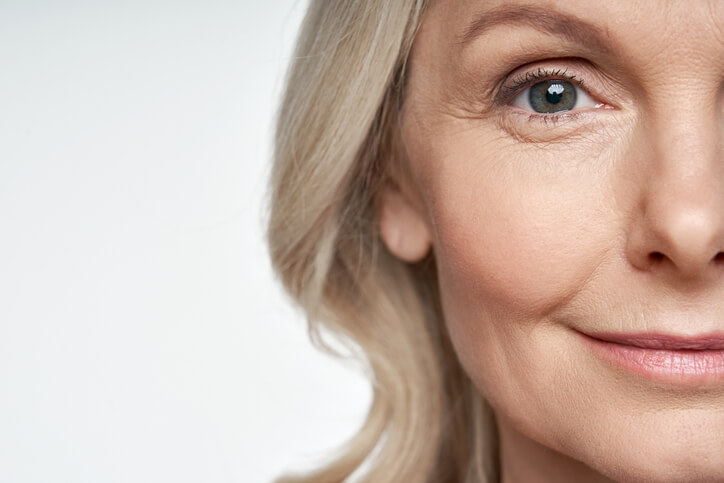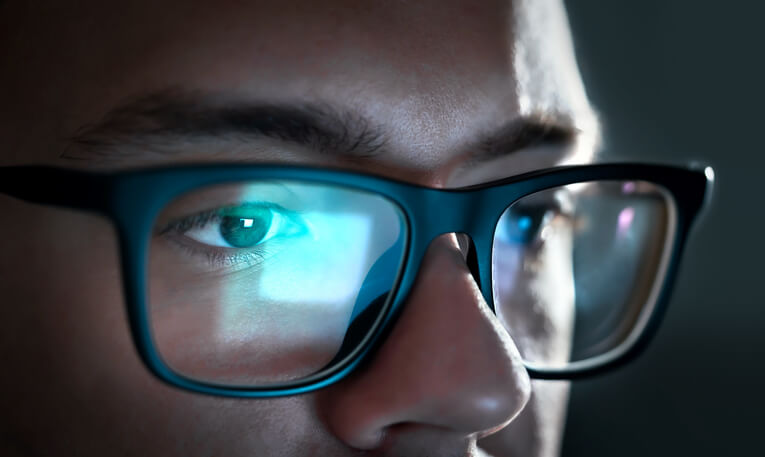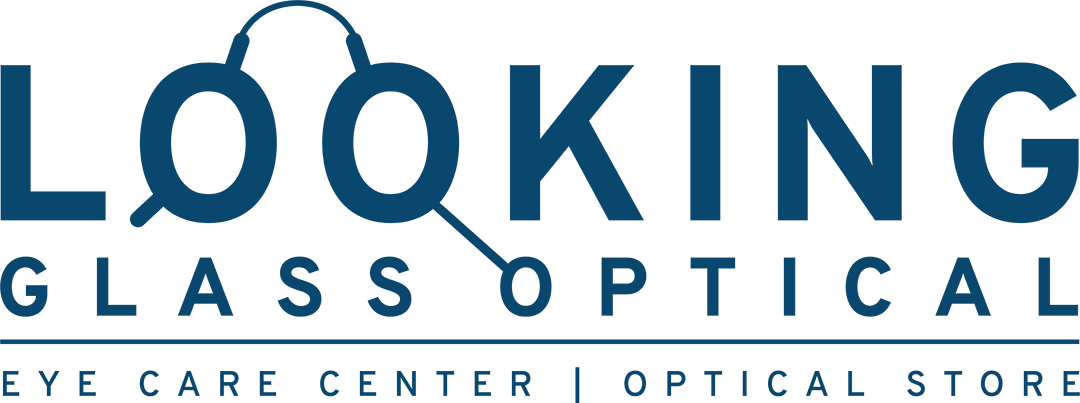Aging gracefully includes vision changes and care for seniors. Aging is a natural part of life, and with it comes various physical changes. One area that often experiences transformation as we age is our vision. Understanding these changes and knowing how to care for senior eyes is crucial for maintaining a high quality of life. Let’s explore seniors’ common vision changes and provide tips on aging gracefully while preserving your eye health.
Read more →Your eyes are not just windows to the world; they also serve as mirrors reflecting your overall health. The connection between eye health and your overall well-being eye health and general well-being is more vital than you might think. Looking Glass Optical explores how taking care of your eyes can positively impact your overall health and quality of life.
Read more →As the lush hues of autumn leaves unfurl, so does the challenge of itchy eyes for many allergy sufferers. Allergies can turn the most beautiful time of the year into a rather uncomfortable one, especially when your eyes are itchy and irritated. Whether you’re a seasoned allergy veteran or facing seasonal allergies for the first time, knowing how to deal with itchy eyes during allergy season can make a world of difference. In this guide, we’ll explore various strategies and remedies to help you find relief and enjoy the beauty of spring without constantly rubbing your eyes.
Read more →Alcohol consumption can affect the human body, including the eyes. The short-term and long-term effects of alcohol on the eyes depend on the amount and frequency of alcohol consumption. In this blog, we will discuss the impact of alcohol on the eye.
Read more →We have all heard of the links of smoking to cancer, heart diseases, strokes, and lung diseases. But are you aware of the links to smoking and how it can damage your eyesight? No matter the form you use – cigars, pipes, and vaping it is all linked to damaging your eyesight.
Read more →Autoimmune diseases cause the body’s cells to attack each other, impacting every aspect of your health. Few autoimmune disorders specifically target the eyes. However, an autoimmune disease can affect your vision due to its systemic nature. While autoimmune diseases have no current cure, properly managing symptoms can lessen their progression and impact your health.
Read more →Approximately 61% of perimenopausal and menopausal women suffer from dry eyes. The changes in hormones that women experience which lead to symptoms like hot flashes, sweating, and even insomnia can also affect eye health. Post-menopausal dry eye can be uncomfortable, affecting your life. Read on for eye health facts to help you deal with dry eye symptoms.
Read more →There’s a reason why your parents told you not to sit too close to the TV screen. When most of your day consists of looking at digital screens, like televisions, computers, and cellphones, it takes a real toll on your eyes. Computer vision syndrome, or digital eye strain, is a condition in which you may experience headaches, dry eyes, blurred vision, and shoulder pain from constantly looking at digital screens. The condition can wreak havoc on your quality of life and cause several uncomfortable symptoms. Read on for a few ways to prevent digital eye strain so you can keep your peace of mind.
Read more →You’ve got your hat, gloves, scarf, and boots to protect you from the harsh winter elements, but what’s protecting your eyes? Winter weather can strain your eyes, causing discomfort and affecting your vision. During the colder months, the air is dry, and the glare from sunlight reflecting off snow can overexpose your eyes to ultraviolet light. So before you hit the slopes or head out to shovel the walk, take a few minutes to think about winter eye safety.
Read more →Some amount of deterioration is expected as we age. It’s normal to lose bone density and muscle mass as well as have some sagging and wrinkles. You might not be able to stay up all night and function the next day as you did in your youth, or you might have to give up spicy foods. Unfortunately, some sensory deterioration is also expected. That said, there are things you can do to maintain bone and muscle strength and minimize the progression of lines and wrinkles, and in many cases, you can also stave off vision loss as you age. According to the National Eye Institute, a division of the National Institutes of Health (NIH), the risk for eye disease increases with age, but there are steps you can take to prevent vision loss. The first thing you need to do is understand the most common eye issues related to aging.
Read more →

